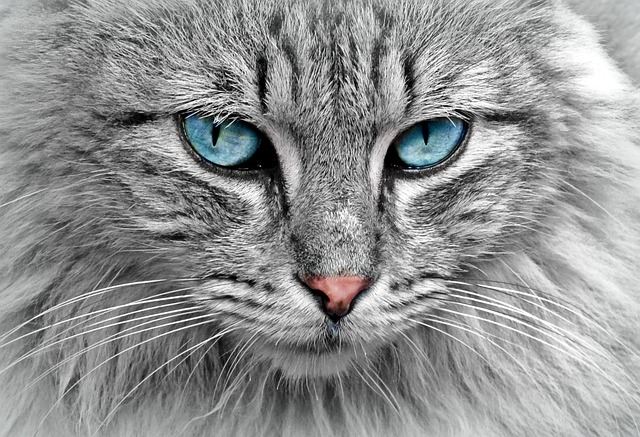Hello and welcome to our article on Nutrition and Diet Plans for Cats. As a responsible cat owner or enthusiast, understanding your feline friend’s dietary needs can be confusing with all the available options and conflicting advice. In this comprehensive guide, we will take you through everything you need to know about nutrition and diet plans for cats, from the basics of their nutritional requirements to providing a customized diet plan tailored to your cat’s individual needs.
Cats are obligate carnivores, which means they require a diet rich in protein and fat from animal sources. They have specific nutritional needs that must be met to maintain optimal health, energy levels, and overall well-being. A balanced diet should include all the essential nutrients such as carbohydrates, proteins, fats, vitamins, and minerals.
There are two main types of cat diets: dry food and wet food. Dry food is more convenient and cost-effective but may not provide the same level of moisture that cats need to stay hydrated. Wet food, on the other hand, provides higher moisture levels and can help reduce the risk of urinary tract problems.
Some cats have specific dietary requirements due to age, health conditions, or allergies. For example, senior cats require fewer calories than kittens but may benefit from joint supplements to maintain mobility. Cats with kidney disease need a special diet that limits protein and phosphorus levels to prevent further damage to their kidneys. Cats with food allergies require a hypoallergenic diet that is easy to digest.
Here are some key steps to follow when creating a nutrition plan for your cat:
- Consult with your veterinarian: Before making any changes to your cat’s diet, consult with your veterinarian to determine the best course of action based on your cat’s age, health status, and lifestyle.
- Choose a high-quality commercial food: Look for a reputable brand that provides balanced nutrition and meets your cat’s nutritional needs. Consider factors such as protein source, carbohydrate content, and added supplements.
- Consider a homemade diet: If you prefer to feed your cat a homemade diet, consult with your veterinarian or a veterinary nutritionist to ensure the food is balanced and complete.
- Monitor your cat’s weight: Regularly weigh your cat to monitor their body condition and adjust the diet as needed to prevent overfeeding or underfeeding.
- Rotate protein sources: Rotate between different protein sources such as chicken, salmon, or beef to provide variety and reduce the risk of sensitivities.
- Provide fresh water: Ensure your cat always has access to fresh, clean water. Encourage water intake by placing multiple water sources around the house and using water fountains.
Here are some additional tips for creating a nutrition plan that meets your cat’s specific needs:
Consider your cat’s life stage: Kittens require more calories than adult cats, while senior cats may benefit from joint supplements. Pregnant or nursing cats have different nutritional needs due to the increased energy requirements.
Cats with health conditions require special diets: Cats with kidney disease need a diet that limits protein and phosphorus levels, while those with food allergies require a hypoallergenic diet.
Keep your cat’s environment clean: Regularly clean litter boxes, surfaces, and toys to prevent the spread of bacteria and parasites.
A balanced and nutritious diet is essential for maintaining your cat’s overall health and well-being. By following these guidelines and consulting with your veterinarian, you can create a customized nutrition plan that meets your cat’s unique needs and ensures they live a happy and healthy life.
This article has provided an overview of the importance of nutrition and diet plans for cats, including key points to follow and additional tips for creating a balanced and nutritious diet. Remember to consult with your veterinarian before making any changes to your cat’s diet, and always prioritize their health and well-being.
Tags: Cat Nutrition, Feline Diet Plans, Obesity Prevention in Cats, Senior Cat Care, Hypoallergenic Cat Food
